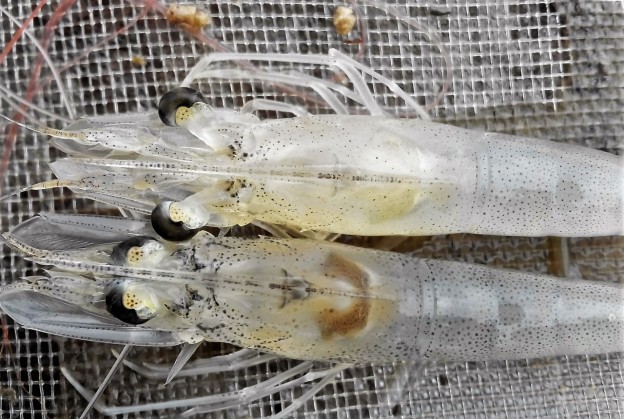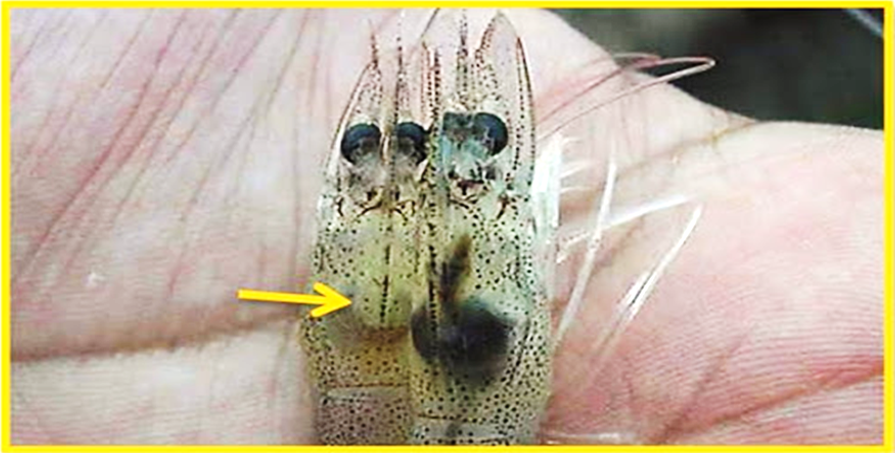All activities in the shrimp body are ruled and affected by the hepatopancreas organ. For a healthy body, good growth, and successful crop, farmers should pay special attention to the farmed shrimp hepatopancreas.

- The role of the hepatopancreas
Detoxifying and anti-stress for shrimp when facing adverse conditions
Secreting digestive enzymes
Absorbing and digesting the feed
Storing lipid droplets, glycogen, nutrients, and minerals
Transporting digestive substances
Synthesizing protein in the shrimp body
*Common diseases on shrimp hepatopancreas include liver swelling, atrophy, discoloration.
The hepatopancreas is the most nutrient-dense organ in the shrimp body. Impaired hepatopancreas function and aging immune system create conditions for harmful organisms such as viruses, parasites, and molds to enter the shrimp hepatopancreas
- Disease management
Periodically monitor water quality, check the health of shrimp hepatopancreas and water environment to handle when occurring pathogens promptly.

DOMESTICATED SHRIMP POSTLARVAE – THE KEY TO SUCCESS
See more:
- Ecuador hosts global shrimp buyers for second shrimp summit
- Bioremediation For Profitable Vannamei Shrimp Farming
- Heat wave causes a huge loss to the Satkhira shrimp farmers

 Tiếng Việt
Tiếng Việt 中文 (中国)
中文 (中国)